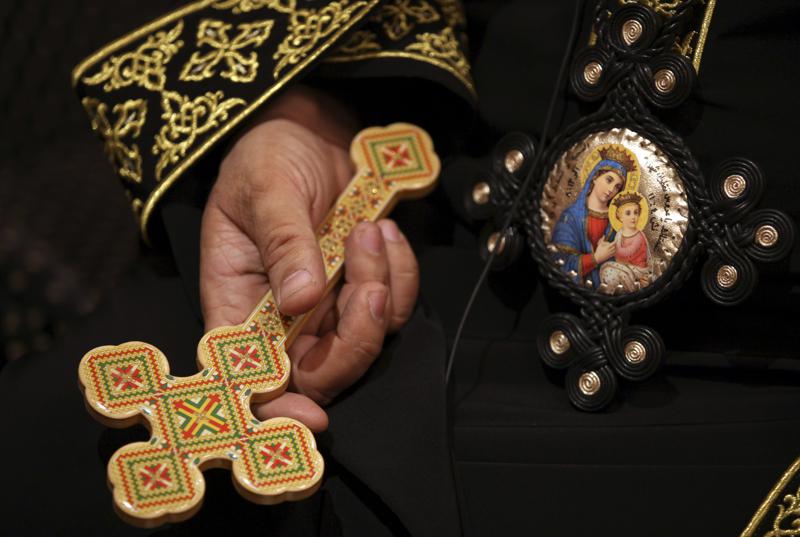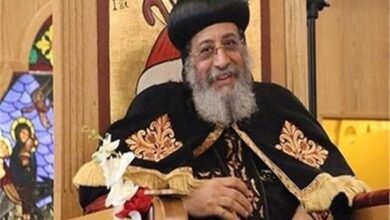The Coptic Orthodox Church in Egypt has received more than 120 individual notices from Coptic Christians informing the Church that they have permanently left the denomination, according to Church sources on Sunday.
According to one source, those declaring their intent to leave the denomination claimed it would “help them make use of Islamic law before the courts and would give them the freedom to divorce, just like what happened in the recent ruling on an Orthodox Christian who left the denomination and was then allowed by law to get a divorce."
The source said that most of the dissenters will now join the Evangelical Church, with many others joinging the Catholic Church. The Evangelical Church applies the1938 Coptic personal status law, which permits divorce for nine reasons, rather than being restricted to cases of adultery.
Meanwhile, head of the Anglican Communion, Safwat al-Bayaadi, told Al-Masry Al-Youm, “So far, we have not received any requests to join the Evangelical Church.”
He said that if those wanting divorce asked to join, the requests would be examined on a case-by-case basis.
Coptic activist Michael Mounir said that the Copts demanding a second marriage “now have no other choice than to break away from the Orthodox Church.”
He also said that Coptic activists had been pressing the state to pass a law allowing civil marriage without the involvement of the Coptic Orthodox Church.
Mariam al-Naggar, a leading figure in the Right to Life Movement, a Coptic pressure group working on the right to divorce and remarriage, said that the step of collectively leaving the Church would bear fruit.
She added that those who leave will no longer belong to the Orthodox Church and will therefore “not abide by its community’s rules,” particularly with respect to personal status laws.
The Right to Live Movement organized a protest outside Cairo’s Justice Ministry last Thursday, demanding that Copts be given the right to divorce and remarry. During the protest, a group of Copts added their names to a list declaring their withdrawal from the Coptic Church, the first of its kind in the Church’s history.
Twenty-nine people signed the list during the protest; the list is also being circulated online.
Since his ascendance to the Coptic Orthodox Papacy in 1971, Shenouda III has restricted divorce to cases of adultery or conversion to another religion or to a different Christian sect, amending a 1938 bylaw that permitted Copts to divorce on the grounds of impotence, abandonment, abuse, and mental disability.
As a result, Christians in unhappy marriages who wish to divorce, but in which adultery is not a factor, face a stark choice: either fabricate an adultery claim or convert.
Translated from the Arabic Edition




